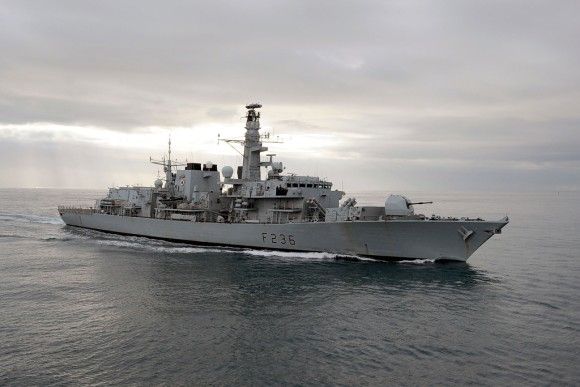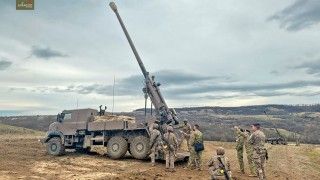- WIADOMOŚCI
PGZ Creates a Dedicated Consortium for the “Wisła” Programme
Polish Armament Group [PGZ – Polska Grupa Zbrojeniowa] has created a consortium, which is to be involved in the process of implementation of the medium range air defence system programme for the Polish Army, which is also known as “Wisła”
Wojciech Dąbrowski, president of the PGZ company, stresses the fact that the new consortium is to, in its basic assumption, create a foundation for the national operation support, modernization and manufacturing support systems for the newly acquired air defence system. The new consortium is also a proof of the Group’s readiness within the scope of a wide cooperation in the new programme.
By creating the consortium we are showing our readiness to realize the project within the scope of widely understood technological cooperation, modifications, in order to tailor the system to the local requirements and within the scope of the future production processes and maintenance services. And, most importantly – we are ready to modernize the acquired system here, in Poland, regardless of the selected contractor.
Agreement related t0 formation of the consortium has been signed on Monday, 2nd February. The consortium includes the Polish Armament Group [Polska Grupa Zbrojeniowa SA] along with 10 subsidiary companies, as follows: Mesko SA, Zakłady Mechaniczne „Tarnów” [“Tarnów Mechanical Works], PIT-Radwar, PCO, Huta Stalowa Wola [Stalowa Wola Ironworks], Wojskowe Zakłady Łączności Nr 1 [Military Communication Works No. 1], Wojskowe Zakłady Elektroniczne w Zielonce [Zielonka Military Electronic Works], Jelcz Sp. z o.o., Ośrodek Badawczo-Rozwojowy Centrum Techniki Morskiej [R&D Center for Maritime Technology] and Grudziądz-based Wojskowe Zakłady Uzbrojenia [Military Armament Works].
PGZ stresses the fact that creating a new consortium is related to the second stage of consolidation. The new initiative has lead to dissolution of the OPL consortium, which had been created earlier on. It is stated that currently, the main goal of the group is to provide proper conditions needed for creating the national support and maintenance, tailoring, manufacturing and modernization capabilities, once the new system is put into use. All that is compliant with the current action plan of the Ministry of Defence, regarding the process of acquiring the new medium range air defence system for the Polish Army.
We are signing a consortium agreement regarding the “Wisła” consortium, because we need to be in possession of a formal instrument which is required to create capabilities in Poland, within the scope of independent operation and development of the newly acquired equipment and technologies.
Moreover, involvement of the Polish Armament Group in the “Wisła” programme shall make it possible to carry out a wide technology transfer for the Polish industry, which should, in a longer run, make it possible to develop original advanced solutions, including modernization of the anti-aircraft equipment contained within the air defence system. The newly acquired knowledge would also make it possible to modernize other elements of the Polish Army air defences, including the SHORAD and VSHORAD layers. It was back in December, when the Polish Armament Group has created a consortium dedicated to the “Narew” programme. The group has been invited by the Armament Inspectorate to participate in the technical dialogue within that scope. Very Short Range Anti-Aircraft Systems, such as Poprad or Piorun, are being consequently developed by the local companies.
The plan regarding implementation of the ground to air missile systems for the Polish Army is the cornerstone of the whole modernization programme, value of which is as much as PLN 26 billion. Thus it is so important that the Polish industry maintains as deep level of involvement as possible in creation and operation of the medium range, short range and finally, very short range missile systems. These systems are based on state of the art technology, which would contribute to the Polish industrial capabilities within the scope of communications, electronics or opto-electronics.
The “Wisła” programme is to make it possible to acquire 8 batteries, which are to be used by the Polish Army by 2018. Its estimated value is as much as PLN 16 billion. Currently the offers have been placed by the Raytheon company with the Patriot missiles, and by the European Eurosam consortium, offering the SAMP/T system.
















